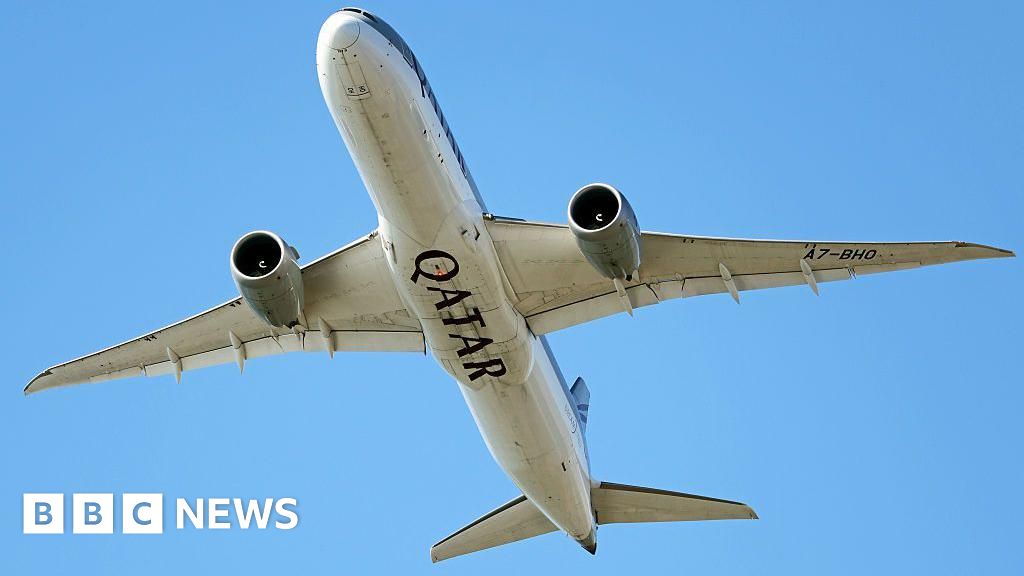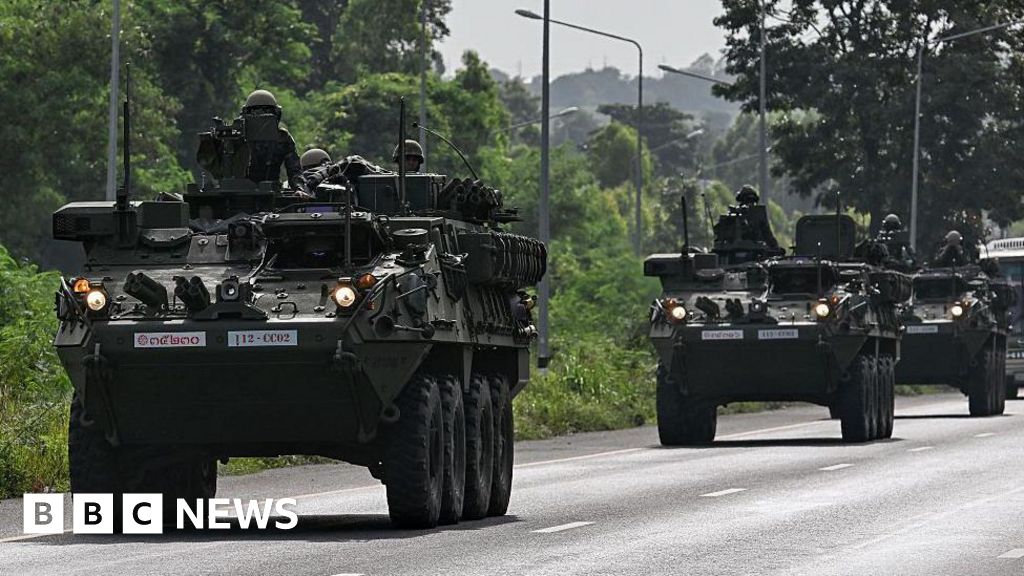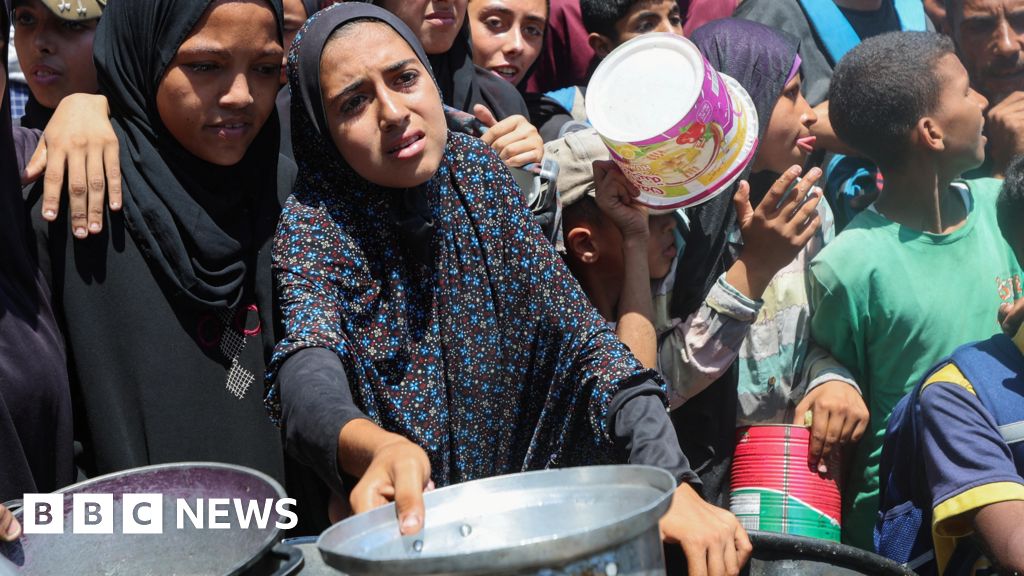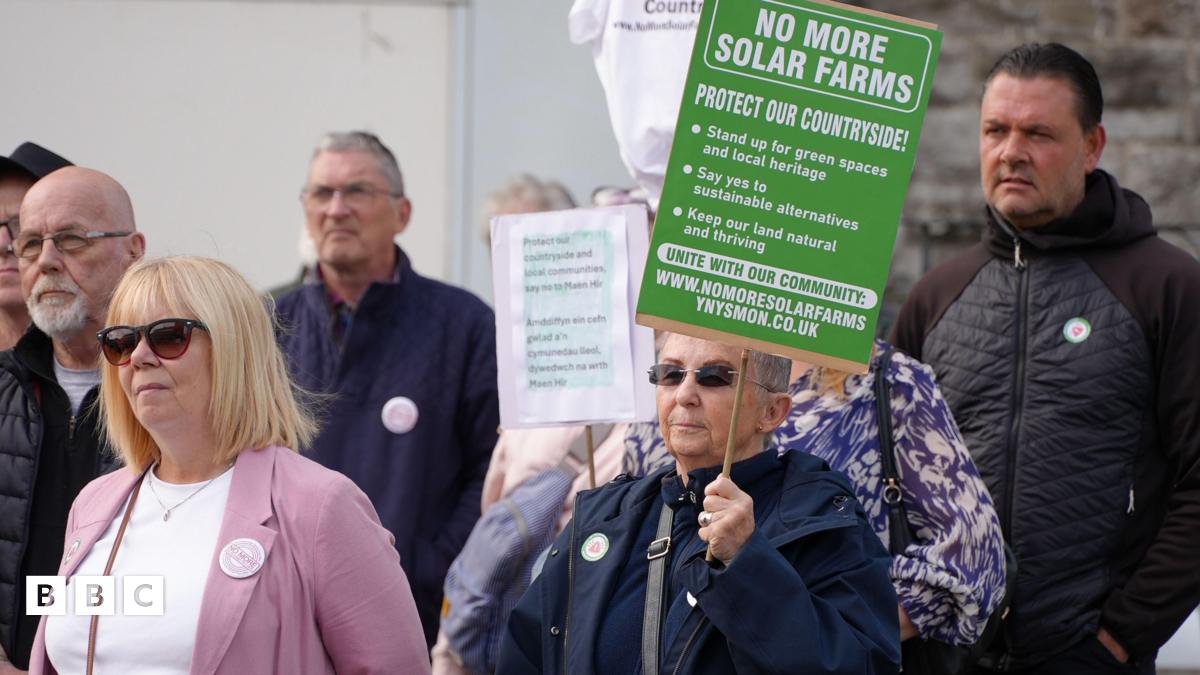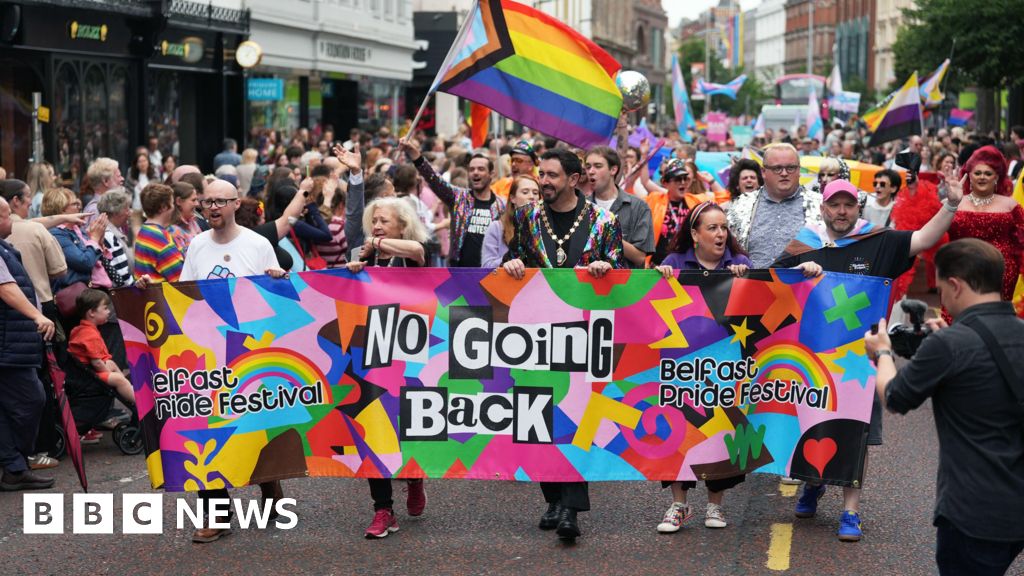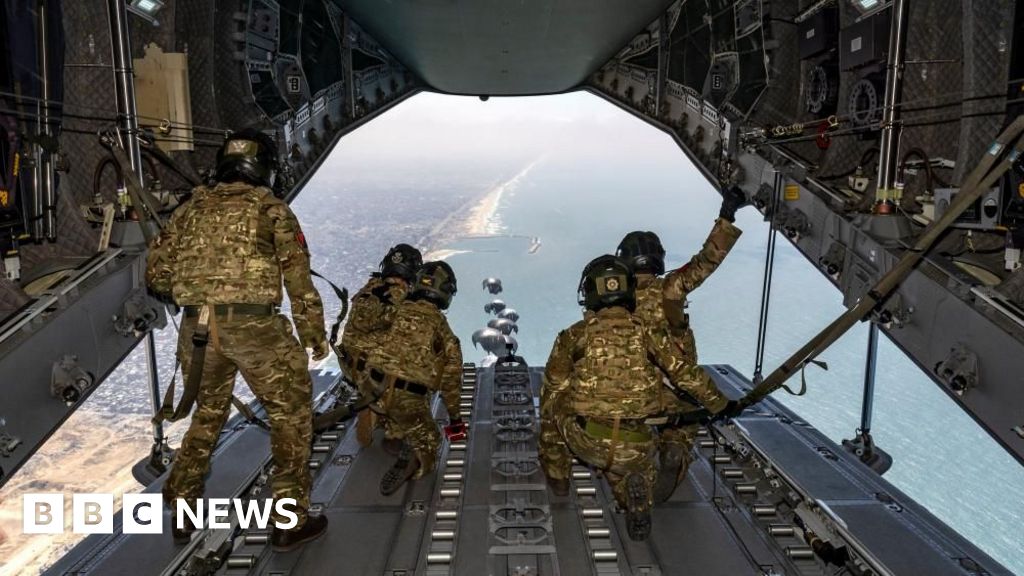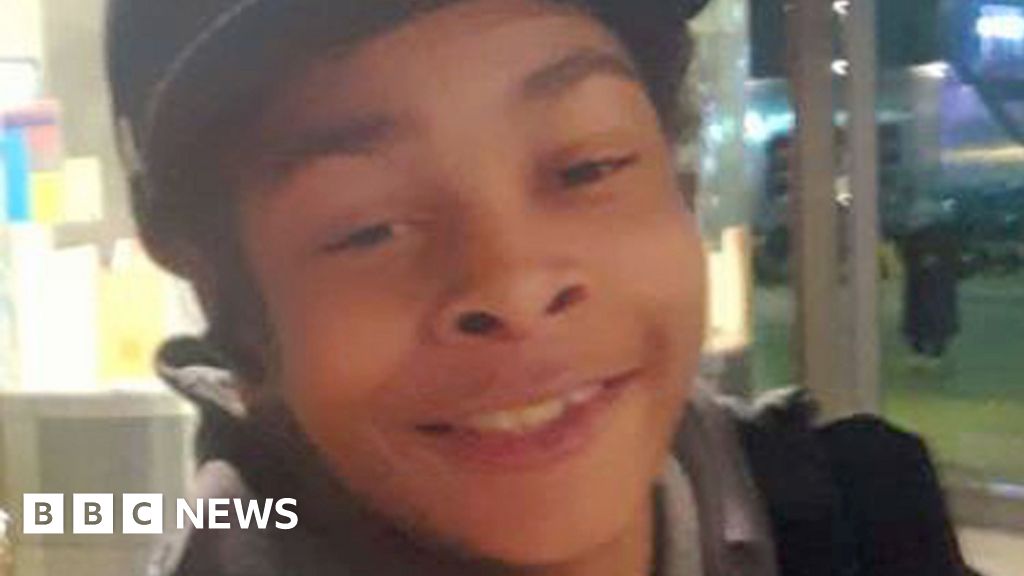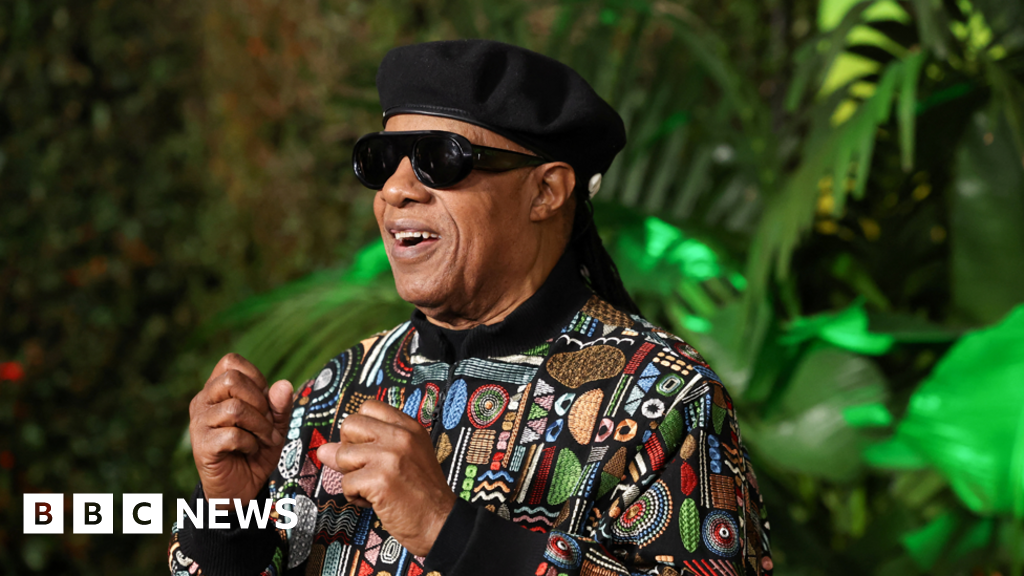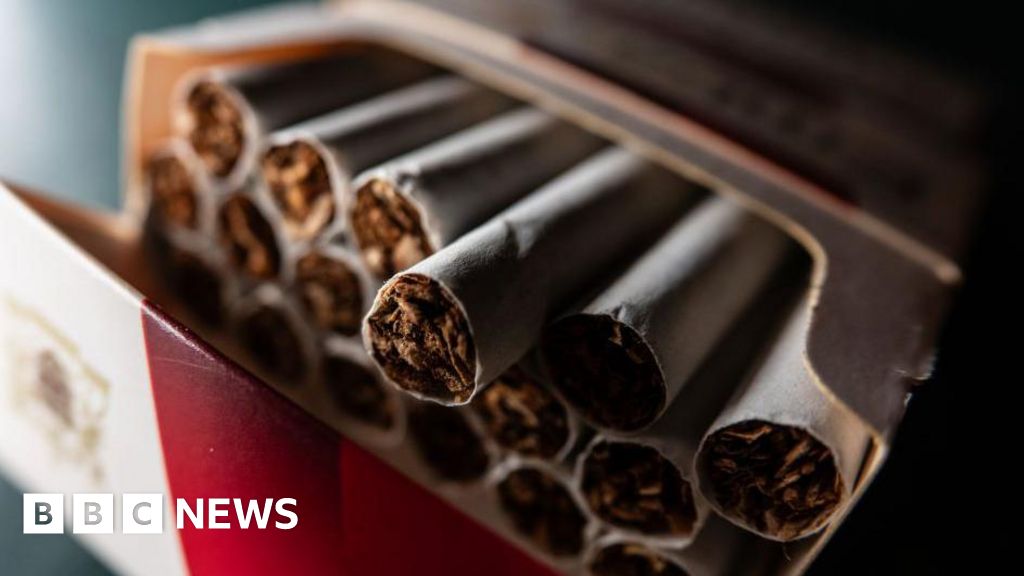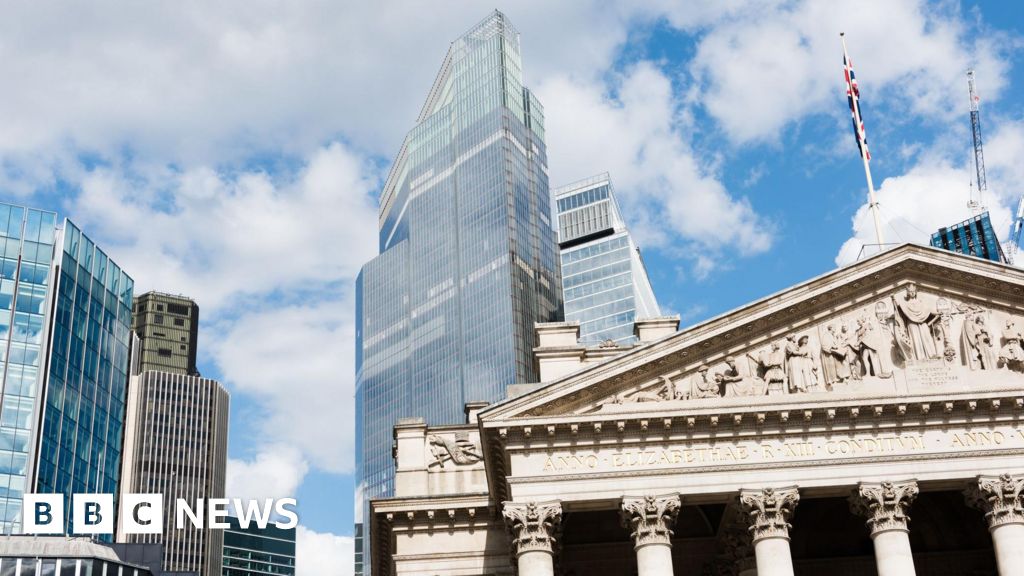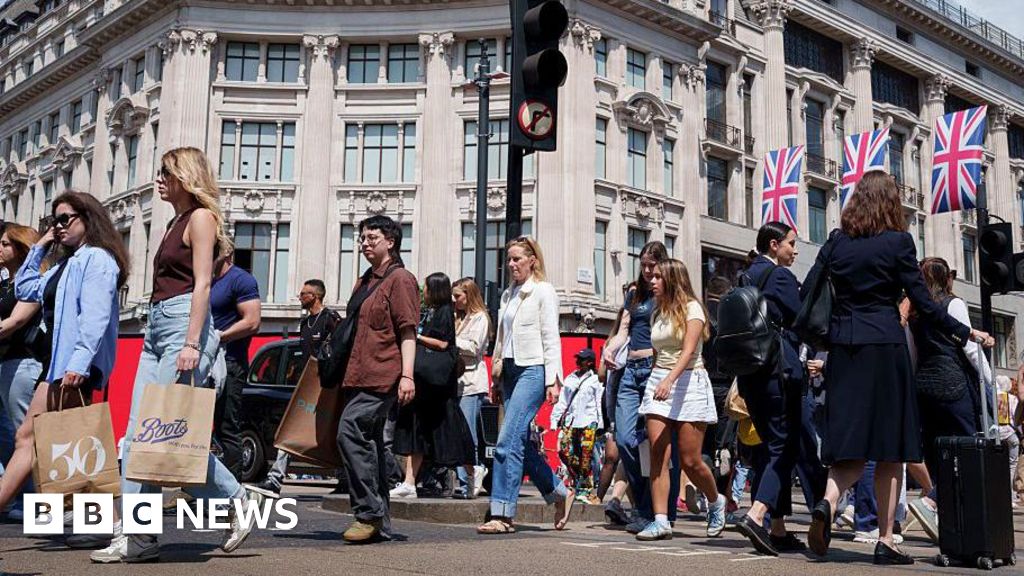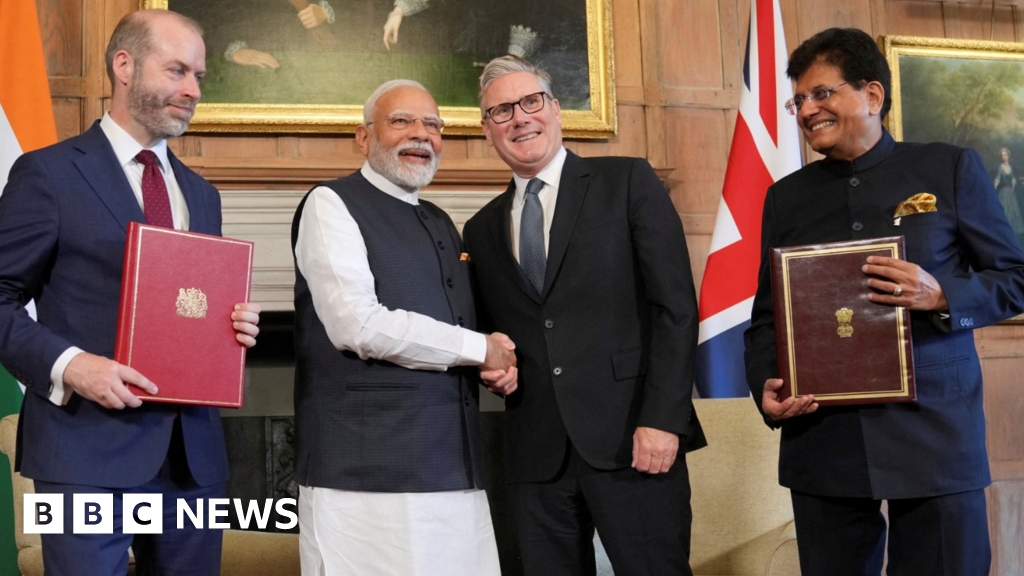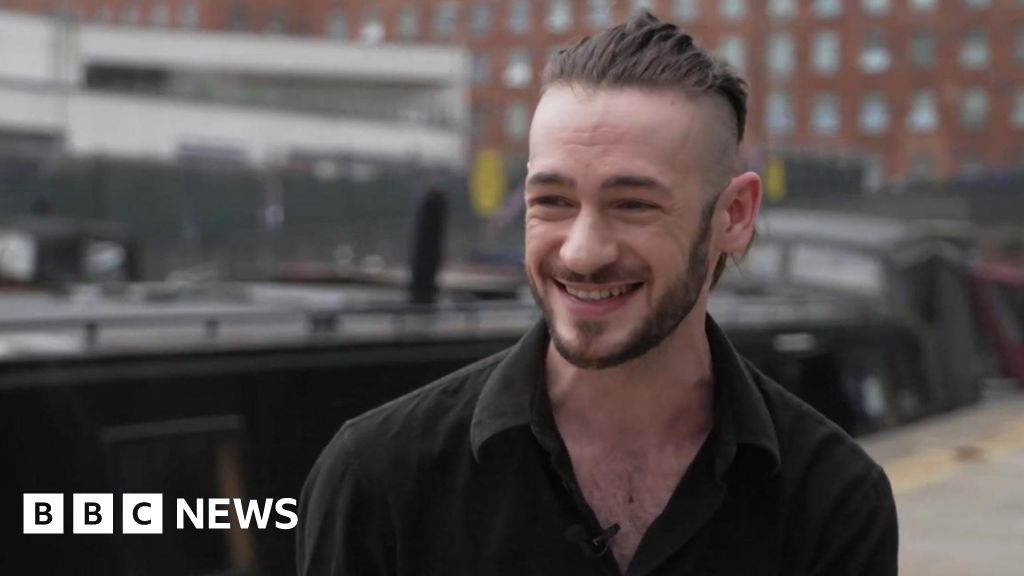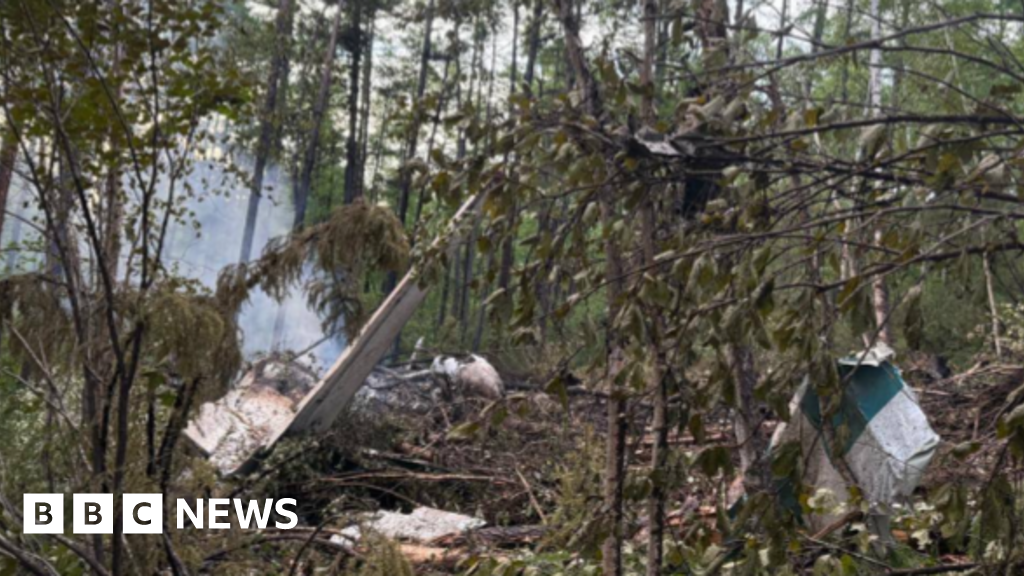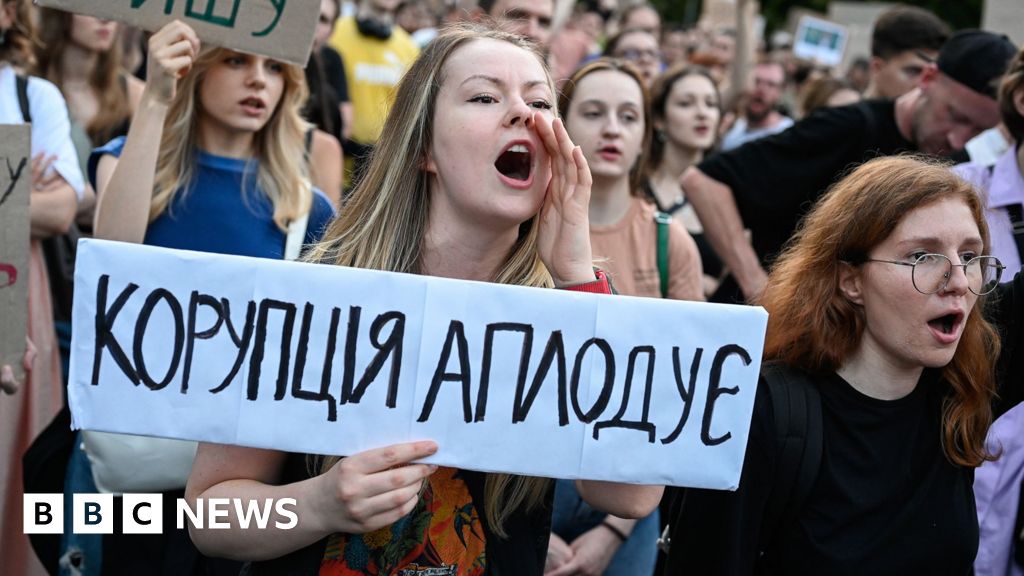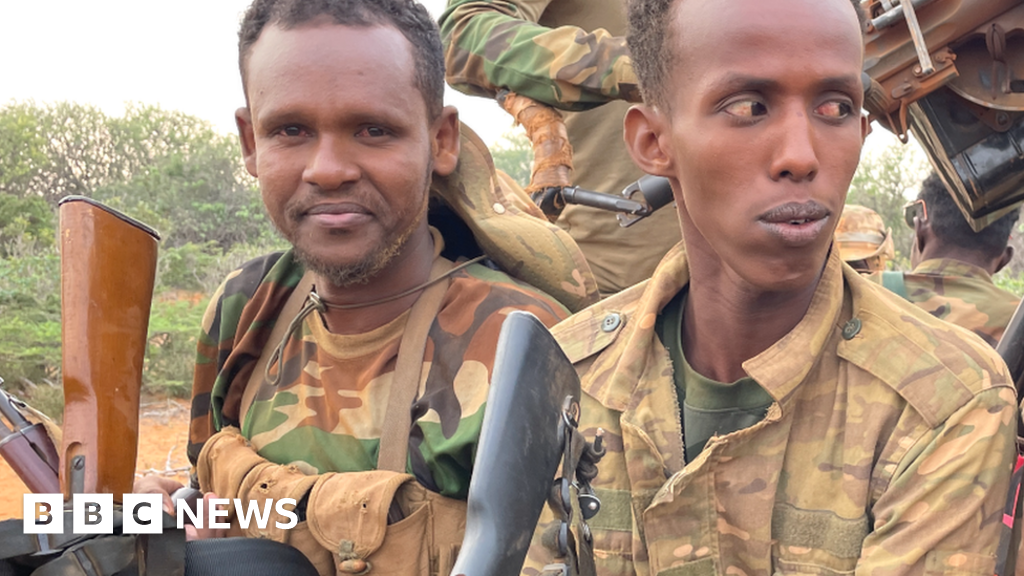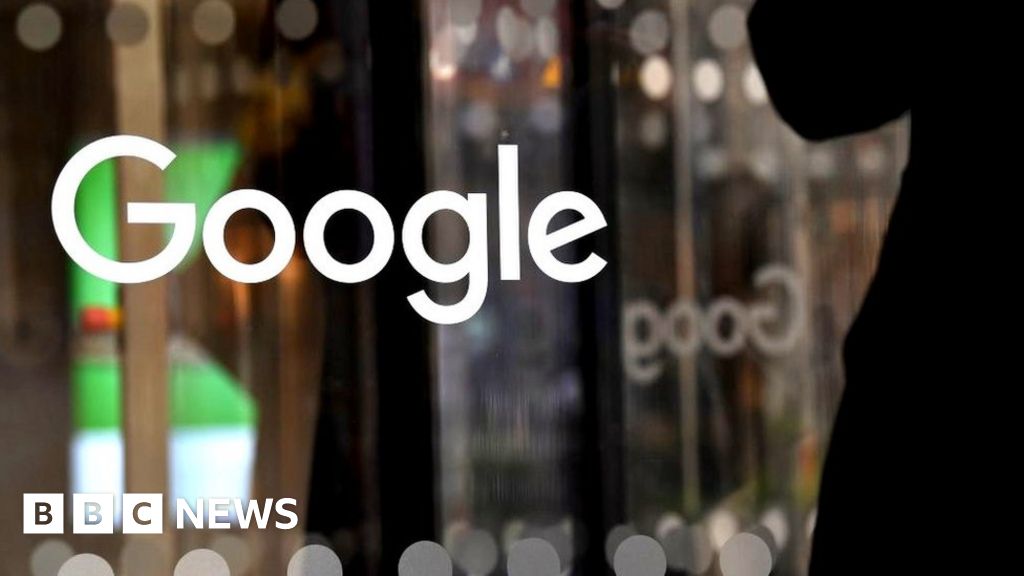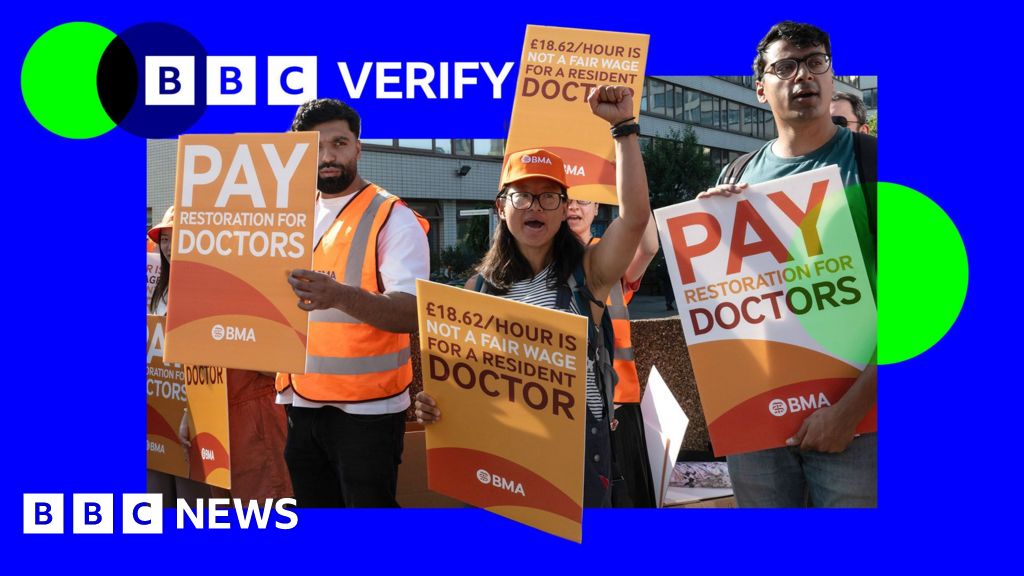Paris correspondent
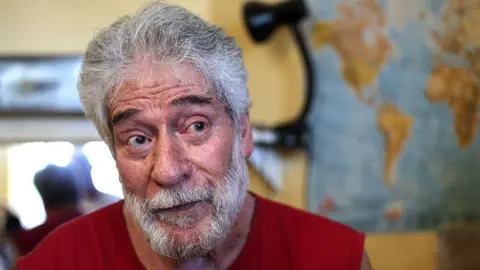 AFP
AFPGeorges Abdallah, a 74-year-old Lebanese teacher who became a left-wing symbol for the Palestinian cause, has been freed by France on Friday after 41 years in jail.
Described by his lawyer as “the man who has spent the longest time in prison for events linked to the Israeli-Palestinian conflict,” Abdallah left jail in the south of France in the early hours of Friday and was due to be put on a flight directly to Beirut.
Convicted in 1987 for complicity in the murders in France of two diplomats – one American, one Israeli – Abdallah has gradually been forgotten by the wider public.
But his release remained a cause célèbre for activists on the Marxist-Leninist left, with which he still identifies.
His stern-looking bearded face continued to peer from banners in left-wing demonstrations; and once a year protesters gathered to demand his freedom outside his prison in the Pyrenees. Three left-led French municipalities declared him an “honorary citizen”.
Though eligible for parole since 1999, he saw successive requests for liberty turned down. According to supporters, this was because of pressure on the French government from the US and Israel.
Interviewed recently by the French news agency AFP at his cell in Lannemazan jail, he said he had kept sane by focusing on the Palestinian “struggle”.
“If I had not had that… well, 40 years – it can turn your brain to mush,” he said.
On the walls of his cell, Abdallah kept a picture of the 1960s revolutionary Che Guevara and postcards from supporters around the world. A desk was covered with piles of newspapers.
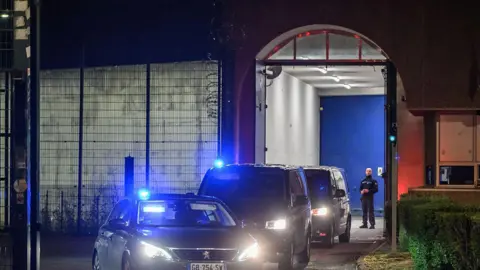 AFP
AFPBorn in 1951 into a Christian family in northern Lebanon, in the late 1970s Abdallah helped set up the Lebanese Armed Revolutionary Factions (LARF) – a small Marxist group dedicated to fighting Israel and its closest ally, the United States.
At the time Lebanon was embroiled in a civil war. In 1978 and again in 1982 Israel invaded south Lebanon to combat Palestinian fighters based there.
Abdallah’s group decided to hit Israeli and US targets in Europe, and carried out five attacks in France. In 1982 its members shot and killed US diplomat Charles Ray in Strasbourg, and Israeli diplomat Yakov Barsimantov in Paris. In addition a car bomb blamed on LARF killed two French bomb-disposal experts.
Abdallah was arrested in Lyon in 1984. Tailed by French intelligence officers, he thought he was being followed by Israeli assassins and gave himself in at a police station. Initially he was charged only with having false passports and criminal association.
A short time later a French citizen was kidnapped in northern Lebanon, and the French secret service entered a negotiation via Algeria to engineer an exchange.
The French citizen was freed, but just before Abdallah was to be released police in Paris found a cache of weapons at his flat, including the gun used to kill the diplomats. This made his release impossible.
Two years later in the run up to his trial, Paris was hit by a spate of attacks which killed 13 people. These were blamed by politicians and the media on allies of Abdallah trying to pressurise France into freeing him. Later it was established that in fact they were the work of the Lebanese Shia group Hezbollah, under instructions from Iran.
In the trial, Abdallah denied involvement in the murders but defended their legitimacy. He was given a life sentence.
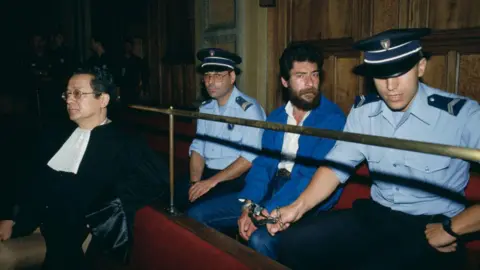 Getty Images
Getty ImagesOf the more than 10 requests for release since 1999, only one came close to success. But in 2013 then-US Secretary of State Hillary Clinton wrote to the French government expressing the hope that it could find a “way to contest the legality” of a court decision to free Abdallah.
Her message was later made public by WikiLeaks.
Interior Minister Manuel Valls then refused to sign the expulsion order on which Abdallah’s release was contingent.
This year the appeal court decided that the length of Abdallah’s detention was “disproportionate”, and that he no longer posed a threat. It said again that his release must immediately be followed by expulsion from France.
“This is a victory for justice, but it is also a political scandal that he was not released before, thanks to the behaviour of the United States and successive French presidents,” said his lawyer Jean-Louis Chalanset.
Among the people who campaigned for his release was the 2022 Nobel literature prize winner Annie Ernaux, who said he was a “victim of state justice of which France should be ashamed”.
Yves Bonnet, the intelligence chief who tried to negotiate Abdallah’s exchange in 1985 and is now a member of the far-right National Rally, said he was “treated worse than a serial killer” and that “the United States was obsessed with keeping him in jail”.
According to a report in Le Monde newspaper, no Palestinian prisoner – even those condemned to life imprisonment in Israel – has served more than 40 years in jail. Abdallah served 41.

